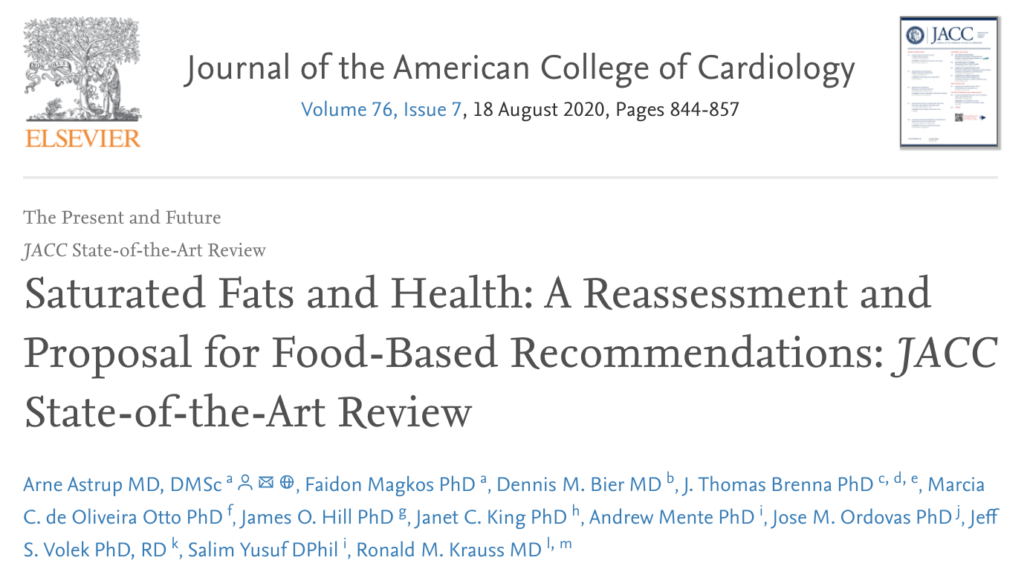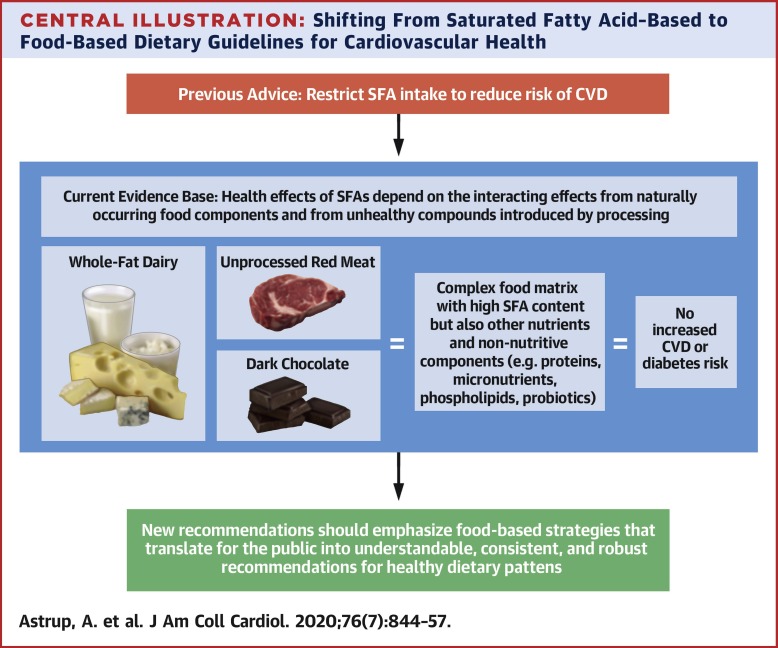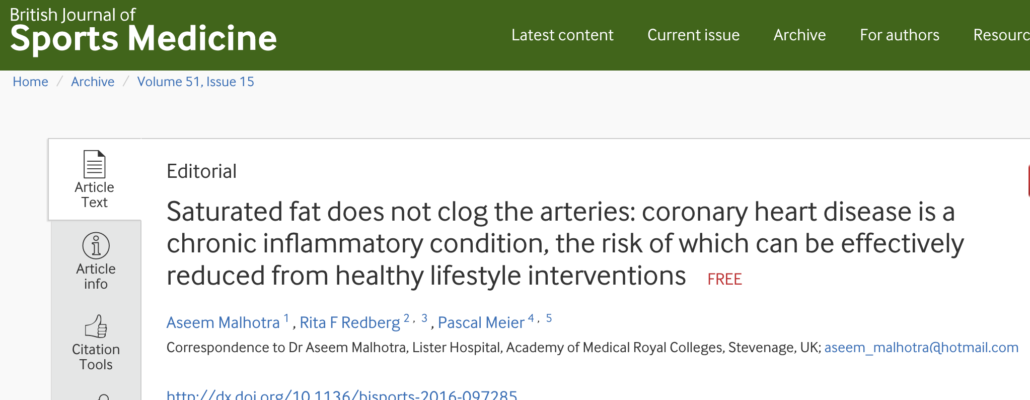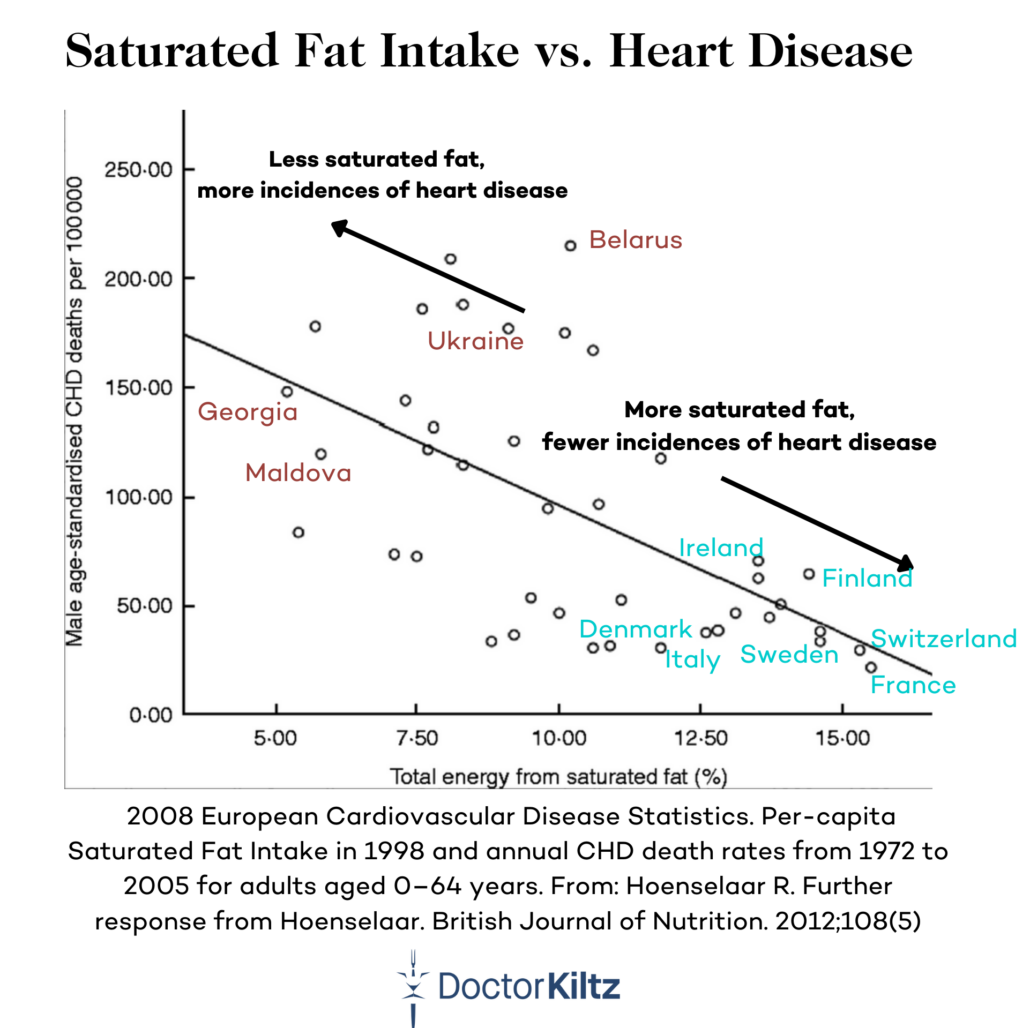We include products in articles we think are useful for our readers. If you buy products or services through links on our website, we may earn a small commission.
Is Ground Beef Healthy?
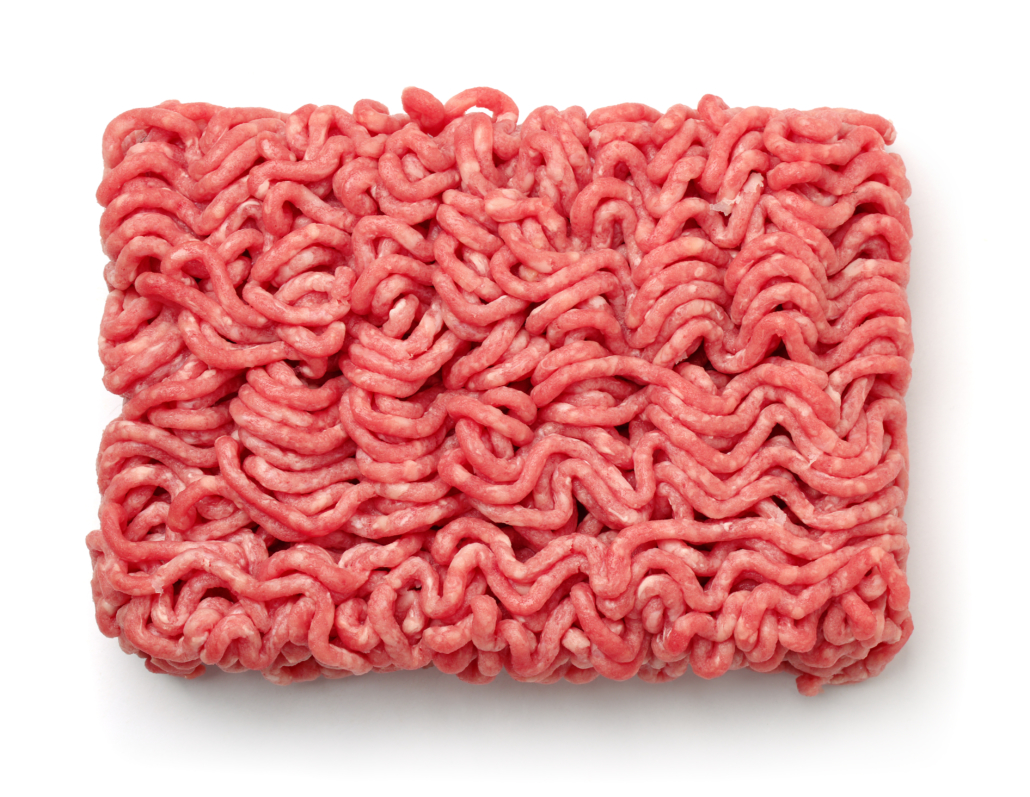
Americans eat more than 26 billion pounds of beef per year, averaging 67 lbs per person, with 46% of it in the form of ground beef. If you count yourself among the millions of people who enjoy ground beef, you’re may be wondering if it’s healthy.
Chances are that if you’re wondering if ground beef is healthy, you’ve probably been exposed to outdated anti-red meat sentiments.
In this article, we’ll look at the most recent nutritional science as we explore the question, is ground beef healthy?
Table of Contents
What the Science Actually Says about Health Risks and Benefits of Ground Beef
Ground beef is red meat. Since the 1960s, red meat has been demonized because of its saturated fat content. The idea was that saturated fat raised cholesterol, and cholesterol contributed to heart disease.
But the scientific truth is there is no significant association between saturated fat and heart disease.
This 2020 systematic review (gold standard of research) in the Journal of the American College of Cardiology was authored by more than a dozen researchers from the most respected medical schools around the world.
The researchers concluded that “although intake of processed meat has been associated with increased risk of CHD (coronary heart disease), intake of unprocessed red meat is not, which indicates that the saturated fat content of meat is unlikely to be responsible for this association.” They continue, “Whole-fat dairy, unprocessed meat, and dark chocolate are SFA-rich foods with a complex matrix (of nutrients) that are not associated with increased risk of CVD.
The totality of available evidence does not support further limiting the intake of such foods.”
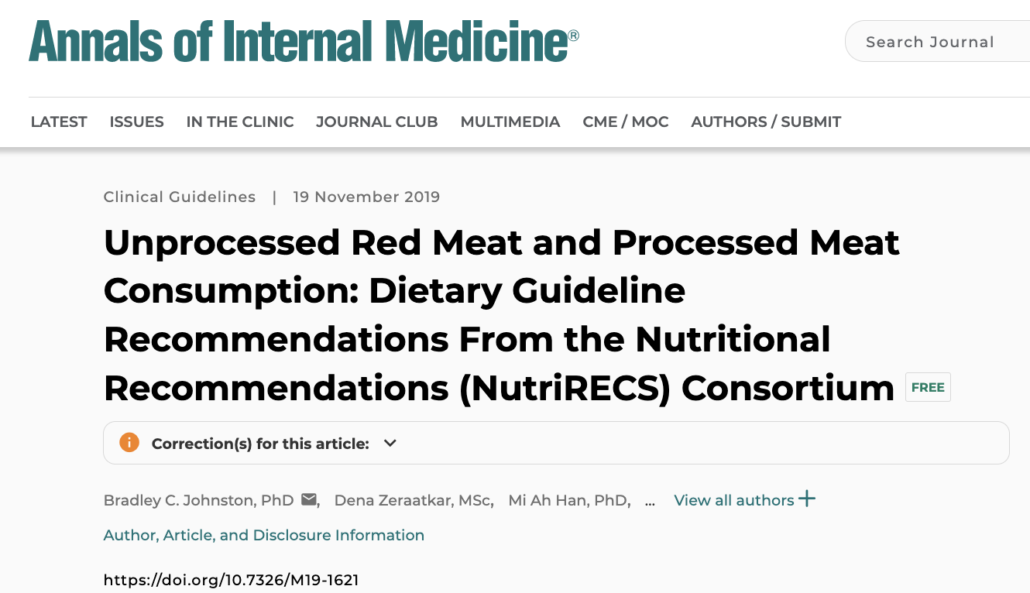
In this major 2019 study aimed at revealing the possible benefits of reducing meat, researchers concluded that consuming red meat had no significant impact on incidences of breast, colorectal, esophageal, gastric, pancreatic, and prostate cancer. They recommended that people should continue to consume both red and processed meat.
A 2015 meta-analysis of 12 quality studies found that Saturated fats are not associated with all-cause mortality, CVD, CHD, ischemic stroke, or type 2 diabetes.
At the risk of getting repetitive–though it bares repeating–this 2017 study in the British Journal of Sports Medicine does not mence words. And the conclusion is in the title itself “Saturated Fat does not clog arteries: coronary heart disease is a chronic inflammatory condition the risk of which can be effectively reduced from healthy lifestyle interventions.
Likewise, a 2011 meta-analysis of 25 studies found insufficient evidence for an association between red meat and colorectal cancer–the most common cancer attributed to consuming meat.
Ground Beef May Increase Your Life Expectancy
When answering the question, is ground beef healthy, we need to look at more than the studies telling you it won’t kill you.
For example, this study from 2021 found that total meat consumption correlates to greater life expectancy, independent of the effects of economic status, urban advantages, obesity, and total caloric intake.
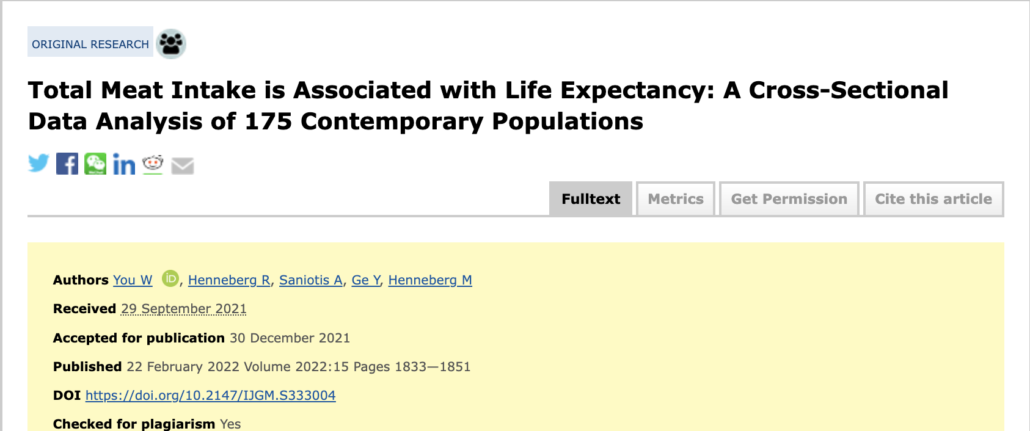
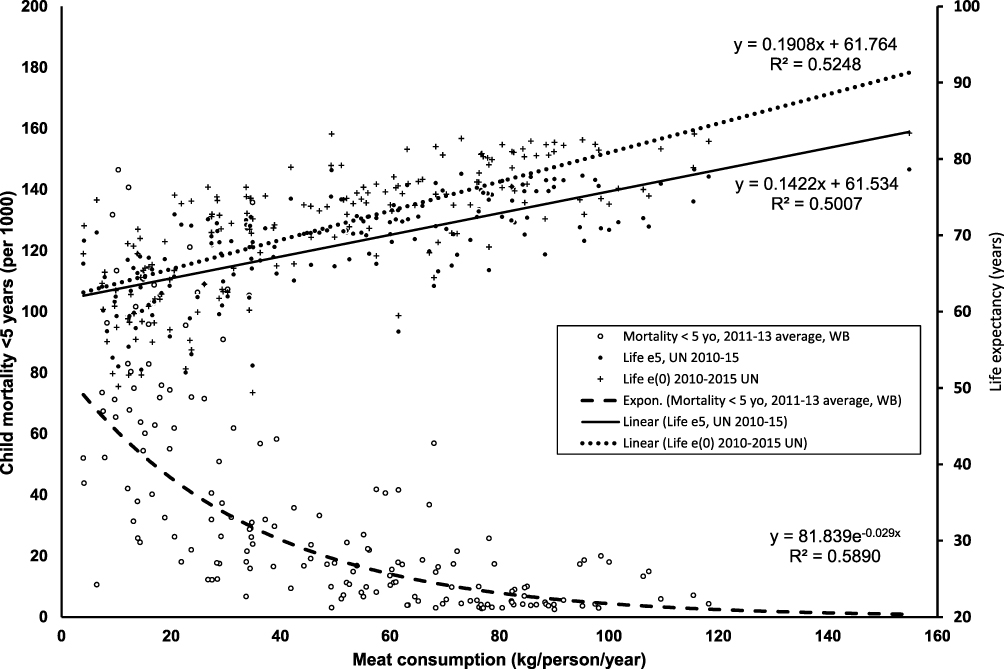
Eating Ground Beef as Part of a Low-Carb Diet
Randomized control trials comparing low-carb high meat diets vs low fat diets show that eating low-carb diets results in significantly better health outcomes when it comes to high in red meat cardiovascular health, weight loss, and blood sugar regulation.
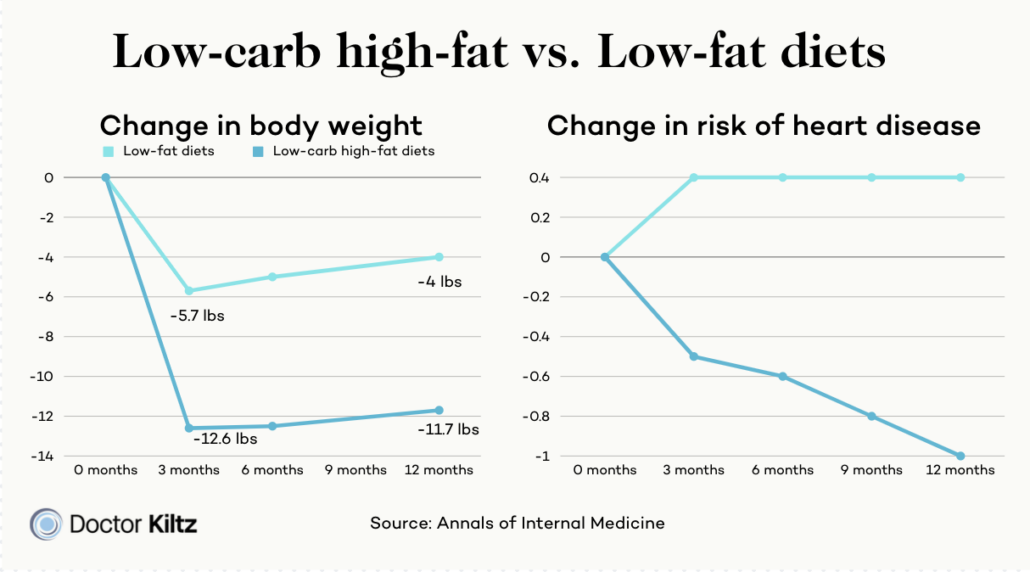
Regeneratively Farmed Ground Beef Can be Good for the Environment
Studies show that meat raised with “regenerative agricultural practices” and “carbon farming” can sequester carbon while increasing the health of our soils.
This is crucial when considering that with current industrial and agricultural practices, our topsoil will be depleted within 60 years.
Eating Fatty Ground Beef May Reduce Your Risk of Heart Disease
As you can see from the modern data, when examining eating habits across the European continent, the more animal fat populations consume, the less heart disease they suffer.
80/20 ground beef is a great source of animal fat. Just remember to cut out the processed carbs.
Supports Mental Health and Stable Mood
Numerous studies, including this 2021 meta-analysis, show that eating meat (and what’s meatier than ground beef?) is strongly associated with positive mental health and positive mood.

Highlights from the study
- Included data from 20 studies with 171,802 participants of all ages across the world.
- Found a “significant association between meat consumption/abstention and depression and anxiety”
- Meat eaters had lower rates of depression and less anxiety than vegans and vegetarians.
- The higher the quality of the study, the more positive the benefit of meat consumption.
Can Help you Kick Food Addiction
Foods high in protein and fat, like ground beef, are highly satiating. This means they make you feel full faster, and the feeling lasts for longer. Satiating foods reduce food addictions and support mindful eating. ]
Most modern processed foods are engineered to override signals that tell you you’ve had enough. The result is that you keep eating. Overconsumption of addictive foods causes hormonal imbalances, inflammation, obesity, and leptin resistance.
An Excellent Source of Vitamins and Minerals
Ground beef is an extremely nutrient-dense food. This means it provides numerous essential and important fats, proteins, vitamins, and minerals in formats that your body can absorb and use.
B Vitamins
A ½ lb ground beef patty provides 71% of B12, 43% of niacin, 32% of B6, and 17% of riboflavin.
Together these B vitamins play vital physiological roles: They convert fuel into energy. Help form new red blood cells that carry oxygen to our brains. Enhance cognition and improve mood. In fact, B12 can be considered an antidepressant. While B12 deficiency is associated with dementia and Alzheimer’s disease.
It’s worth highlighting that vitamin B12 is found almost exclusively in meat and other animal products.
Recent studies have found that up to 86% of vegan children, 90% of vegan elderly, and 62% of pregnant vegan women are B12 deficient.
Heme Iron*
One ½ lb beef patty provides 23% of your RDV of heme iron.
This essential nutrient is only found in red meat. Heme iron plays a critical role in the formation of red blood cells, energy metabolism, immune function, and cognitive ability. And you’ll get anemia without it.
Just make sure you cook your ground beef in saturated animal fats like butter or ghee.
Studies show that meats containing medium to high amounts of heme were found to promote carcinogenic conditions in the colon when combined with corn and soybean oil rich in omega-6 linoleic acid.
Zinc
A ½ lb ground beef patty provides 64% of your RDV of zinc.
Like other vital nutrients, the zinc found in meat is 400% more bioavailable than zinc found in grains.
Zinc is critical to a healthy immune system. It’s also essential for the synthesis of proteins and DNA. For these reasons, zinc contributes to wound healing, factors in childhood growth and development and has antioxidant properties. Zinc deficiency affects motor development and cognitive development in children.
Selenium
A ½ lb ground beef patty provides 46% of your RDV of selenium.
Selenium is the most important nutrient you’ve never heard of. It’s part of compounds called selenoproteins that play an important role in many i physiological processes, including :
- healthy thyroid function
- proper immune function
- ability to fight infection
- Protection from cell damage
- reproductive health
- creation of DNA
- Antioxidant effects
- Anti-cancer properties
- Neuroprotection
- lung health
Complete Proteins
A ½ lb, 80/20 ground beef burger delivers 40.2 grams of protein. This accounts for 80% of your Dietary Reference Intake (DRI).
Protein is an essential nutrient that plays many roles
- It’s the building block for the growth and repair of muscle, tissue, and bone
- Makes hormones
- carries oxygen throughout the body
Ground Beef Nutrition
| Nutrient | Amount per ½ lb (80/20) Ground Beef | %RDV |
| Fat | 25.9 g | |
| Saturated Fat | 9.8 g | |
| Monounsaturated Fat | 11.5 g | |
| Protein | 40.2 g | 80% |
| Riboflavin | 0.3 mg | 17% |
| Niacin | 8.7 mg | 43% |
| Vitamin B6 | 0.6 mg | 32% |
| Folate | 16.4 mcg | 4% |
| Vitamin B12 | 4.3 mcg | 71% |
| Pantothenic Acid | 1.2 mg | 12% |
| Iron | 41.7 mg | 23% |
| Magnesium | 4.1 mg | 9% |
| Phosphorus | 337 mg | 34% |
| Potassium | 566 mg | 16% |
| Zinc | 9.5 mg | 64% |
| Selenium | 32.5 mcg | 46% |
Is Ground Beef Healthy: The Botto Line
Despite the anti-meat propaganda since the 1960s, ground beef is indeed a healthy food.
Modern science tells us that in fact, saturated fat and red meat are not associated with heart disease or cancer.
Not only is ground beef not harmful, but it is also a nutrient-dense food that provides numerous essential macro and micronutrients, including healthy fats, complete proteins, B vitamins, and zinc.
There’s no science-backed reason to reduce or eliminate ground beef and very good science-backed reasons to enjoy the heck out of it.
Pro-tip: Considering that both grains and carbs contribute to inflammation when eating ground beef, it’s best to ditch the bun.











